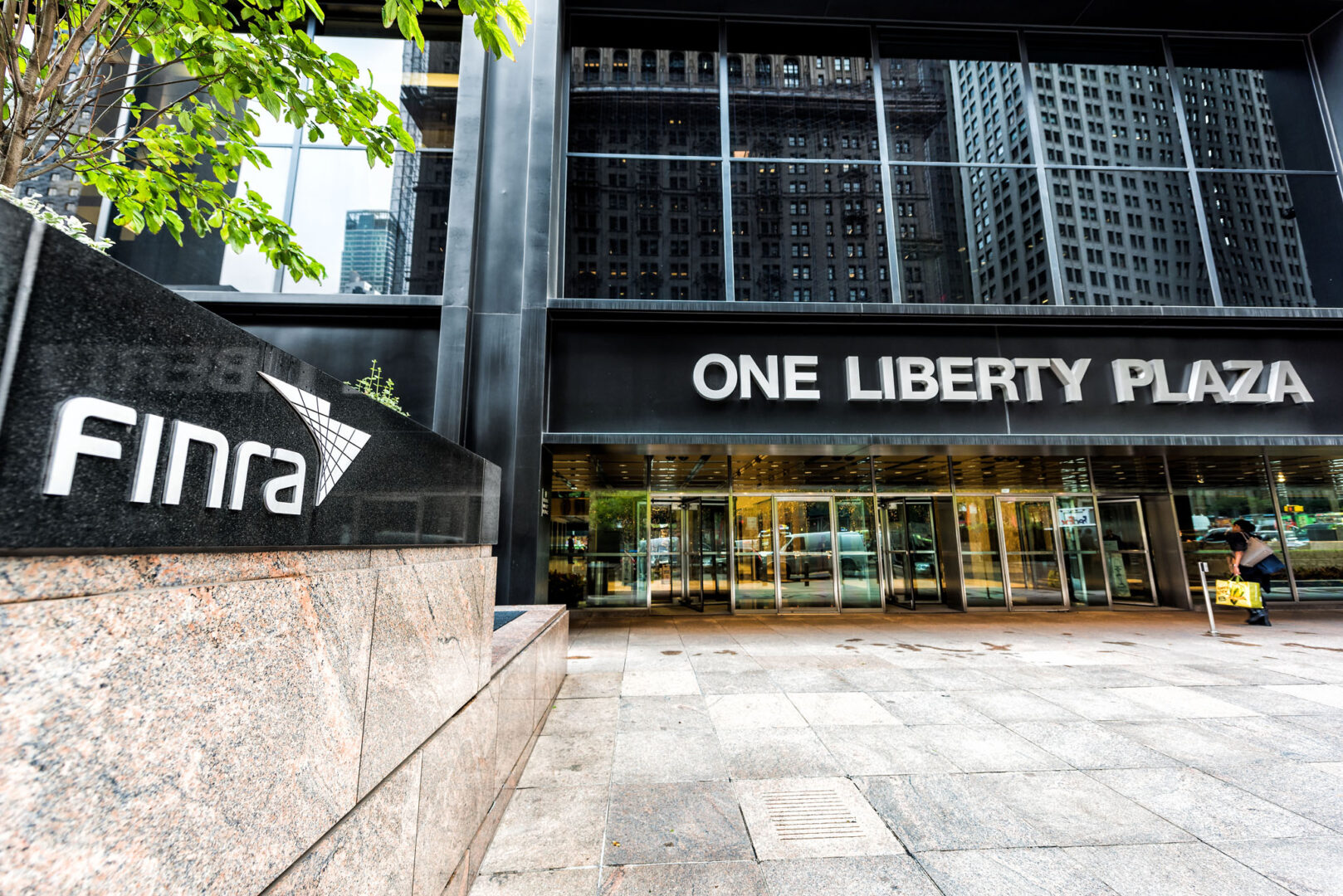Broker-dealers with a history of misconduct who have also hired a high percentage of brokers with a similar track record need to brush up on a new Financial Industry Regulatory Authority rule that seeks to expose potential risks to investors by labeling these broker-dealers as “restricted firms.”
FINRA’s plan, approved by the Securities and Exchange Commission in late July, adopts Rule 4111, which uses criteria to decide whether to designate BDs as “restricted firms.”
The rule becomes effective within 180 days of when FINRA issues a regulatory notice, which FINRA plans to do by the end of September.
As part of the SEC approval, FINRA will propose amendments to Rule 8312 (FINRA BrokerCheck Disclosure), to provide information as to whether a particular member firm or former member firm is designated a “restricted firm” pursuant to Rules 4111 and 9561.
The SEC also approved FINRA Rule 9561 (Procedures for Regulating Activities) and amended FINRA Rule 9559 (Hearing Procedures for Expedited Proceedings Under the Rule 9550 Series), to create a new expedited proceeding to implement Rule 4111.
The rule change sets up a process to give a restricted firm an opportunity to challenge the designation and the resulting obligations of that designation, as well as give the firm a one-time opportunity to avoid the imposition of obligations by voluntarily reducing its workforce, according to FINRA.
Rule 4111, according to an AdvisorLaw blog, “began as a way to impose additional capital requirements on firms with a significant history of misconduct. The Rule’s maximum ‘Restricted Deposit Requirement’ (RDR) acts as an additional insurance policy, or a sort of regulatory hammer, to use against small firms, where problematic advisors tend to congregate and hang their licenses.”
These firms, AdvisorLaw explains, “identified as ‘restricted firms,’ will have to maintain a financial deposit (in the form of cash or securities) in a segregated account, at a bank or clearing firm. The amount of the deposit is to be determined at the sole discretion of FINRA, and the firm’s ability to withdraw will be restricted, subject only to FINRA approval.”
FINRA, according to AdvisorLaw, “seems to indicate that all firms will be subject to this new rule, but that is nothing more than a smokescreen of fairness.”
Based upon hypothetical test runs by FINRA itself, AdvisorLaw states, it was found that:
- FINRA will investigate up to 80 firms, or about 2% of the industry, per year.
- Of those, small firms (<150 reps) make up about 91%.
- Mid-sized firms (151 to 500 reps) account for about 8%.
“This is not a large firm problem — it is squarely aimed at the small firm that has less than 150 reps,” AdvisorLaw maintains.
I checked with Jon Henschen, president of Henschen & Associates, a firm that helps advisors find broker-dealer relationships, to get more details on how onerous compliance with the new rule will be.
Do you see this rule as positive or negative, and why?
We see this move by FINRA as a positive for the public and a negative for the broker-dealers that are categorized as a “restricted firm.” Since 2010, compliance standards and requirements have ramped up dramatically. To give you perspective, in the mid- ’90s when I brokered at the wirehouse, Prudential Securities, our branch manager said in passing, “If a broker doesn’t have a couple of dings on his compliance record, he’s probably not aggressive enough.”
That mindset was quite common in the ‘90s, but today the tolerance for bad broker behavior is much less.
Since 2010, we’ve seen a sharp decline in the number of advisors that were active stock and bond traders, and with that decline, we’ve seen a drop in the number of broker-dealers that catered to that market, many of whom had poor compliance histories on a BD and rep level. For the consumer, this was overwhelmingly a positive change.
Today, we still have active stock and bond traders and the firms that cater to this market, but they are in far lower numbers and are more concentrated in New York City, Long Island and Southern Florida.
This rule is intended to have money set aside to pay for litigation the firm may owe to clients in the event the firm is closed. There are many situations where a client has been wronged by an unethical advisor, the case goes to arbitration and the client is awarded a large sum for restitution, but the firm ends up closing their doors and the client never gets a dime.





